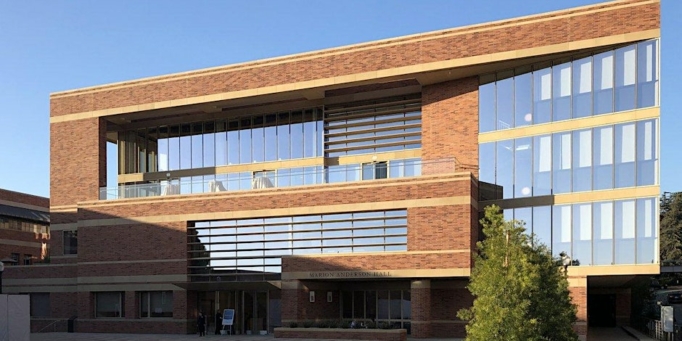
Lunchtime program to discuss the challenges and opportunities for advancing diversity and inclusion in housing development.
Housing development generates numerous professional opportunities in development, financing, and related sectors, yet the field affords relatively few opportunities to women and people of color. Nearly 111,000 of the 112,000 real estate development companies in the U.S. are white-owned, and only about a third of the workforce is women and 2% of C-level positions are held by Black men. California is adopting reforms to increase homebuilding, both to improve affordability and address racial and ethnic disparities in housing outcomes, but more housing production also offers the possibility of addressing disparities in the real estate sector itself. This panel, featuring Los Angeles-based Black and women housing development professionals, will discuss the challenges and opportunities for advancing diversity and inclusion in the field. During the conversation, they will address questions such as: How can people from underrepresented groups enter and succeed in the development industry, and housing development specifically? What barriers keep them from doing so, and how can those barriers be broken down? And what benefits could come from a more diverse development sector, both for individuals and society?
Moderator:
- Jose Loya, Assistant Professor, UCLA Department of Urban Planning
Speakers:
- D’Angelos Svenkeson, Co-Founder and CEO, NEOO Partners
- Devean George, President, Building Blocks
- Two additional speakers to be named
Admission is free, but registration is required for each attendee.
Land and Labor Acknowledgement
As a land grant institution, UCLA acknowledges the Gabrielino/Tongva peoples as the traditional land caretakers of Tovaangar (Los Angeles basin, So. Channel Islands) and are grateful to have the opportunity to work for the taraaxotam (Indigenous peoples) in this place. We pay our respects to Honuukvetam (Ancestors), elders, and ‘Eyoohiinkem (our relatives/relations) past, present and emerging.
We hold sacred the labor of enslaved Africans and immigrants, often exploited, indentured and underpaid, that built and continue to serve our institutions of higher education. We honor the labor and resistance of these ancestors, acknowledge that we benefit from this land and labor, and strive to work towards liberation for all.



